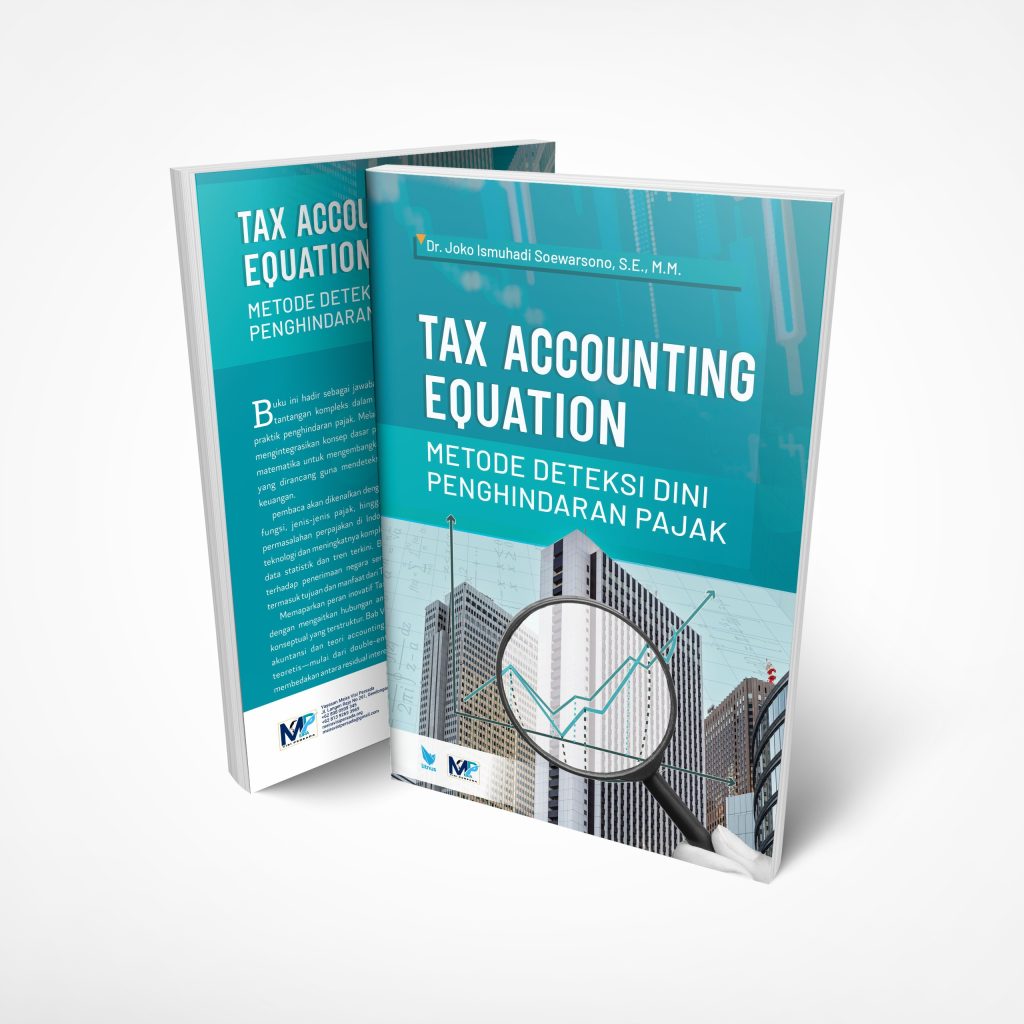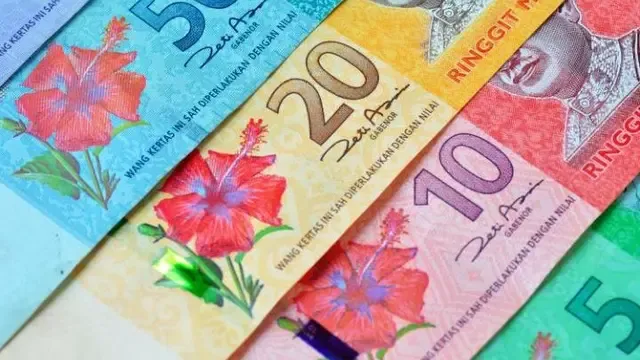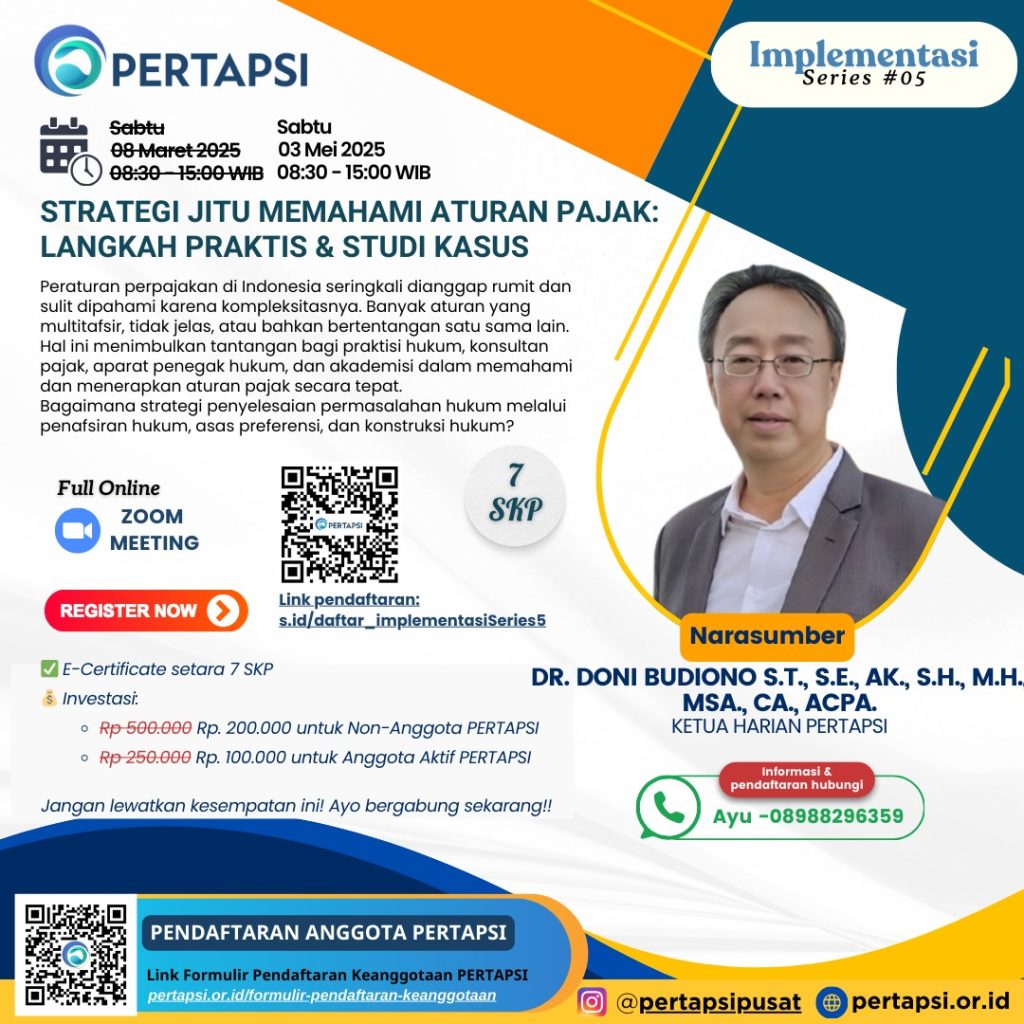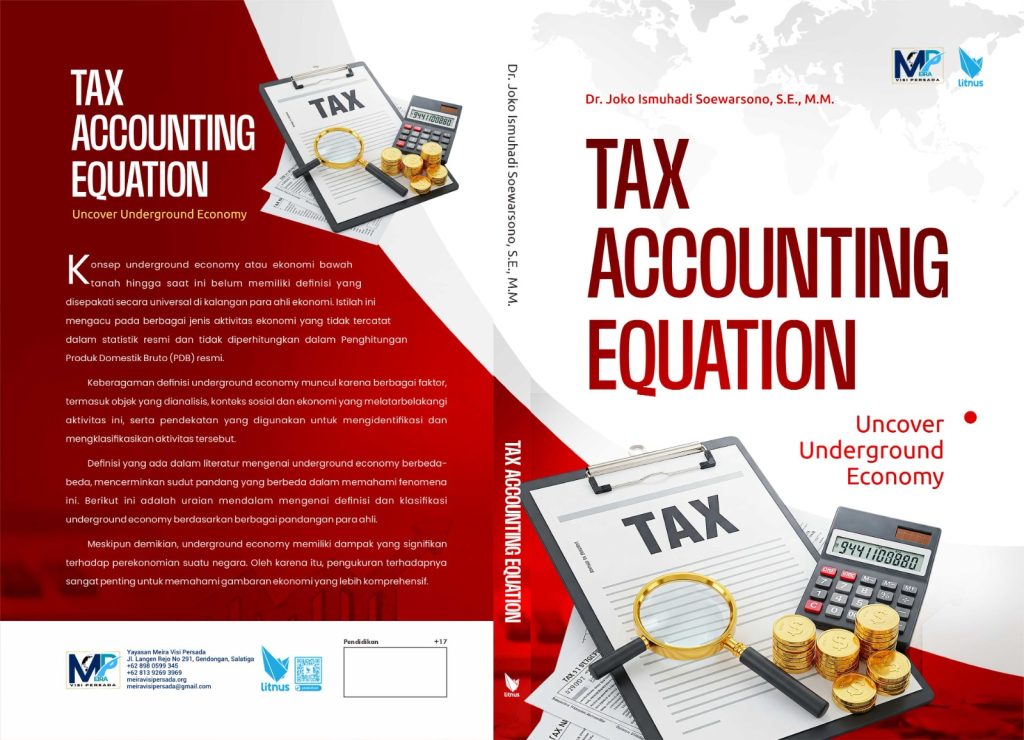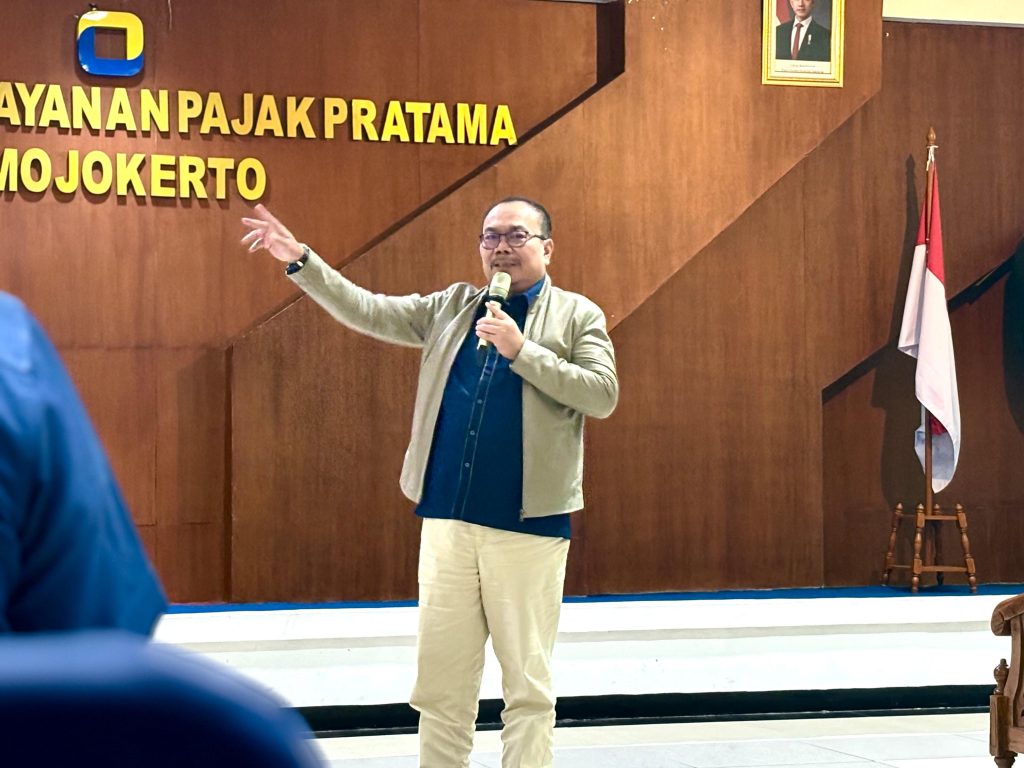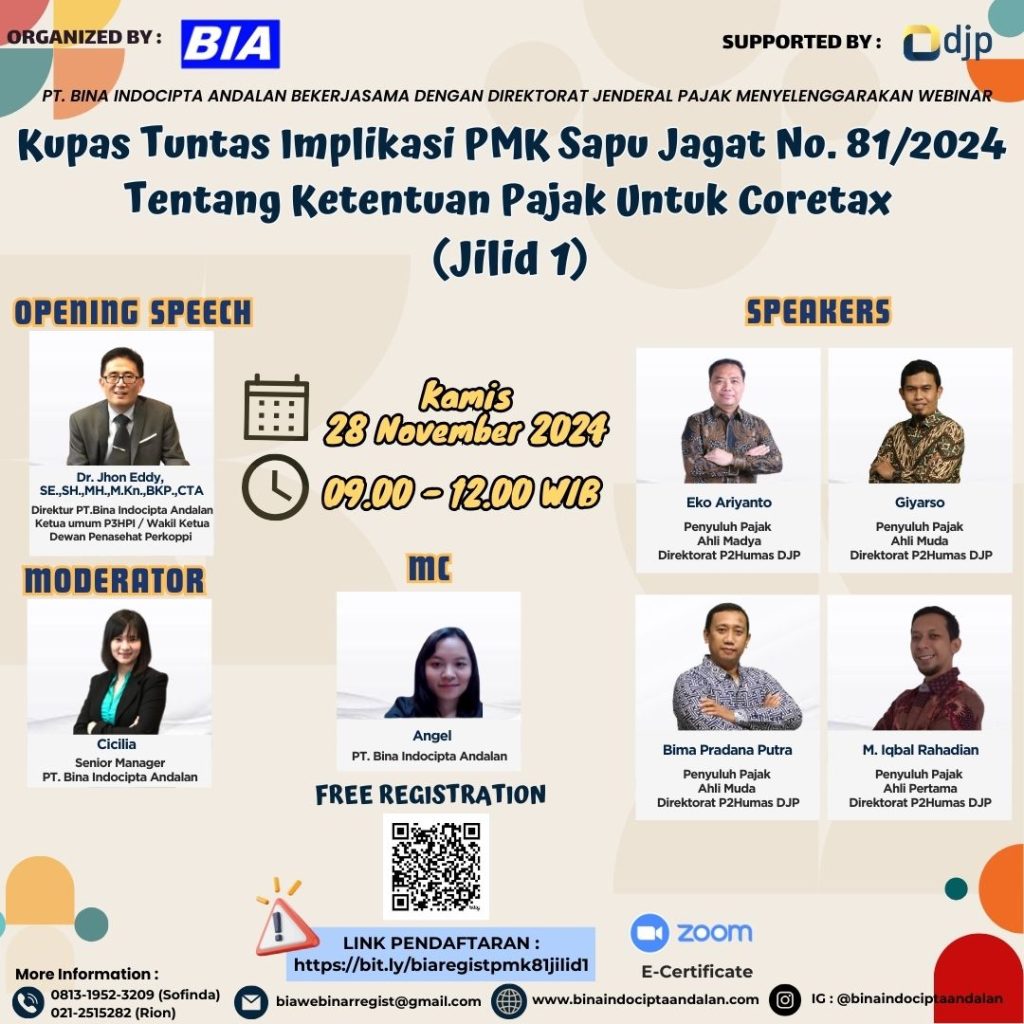
Give me a debt, I’ll be free: How to get into debt without having an obligation to pay it back?
- Ekonomi
Friday, 23 February 2024 06:20 WIB
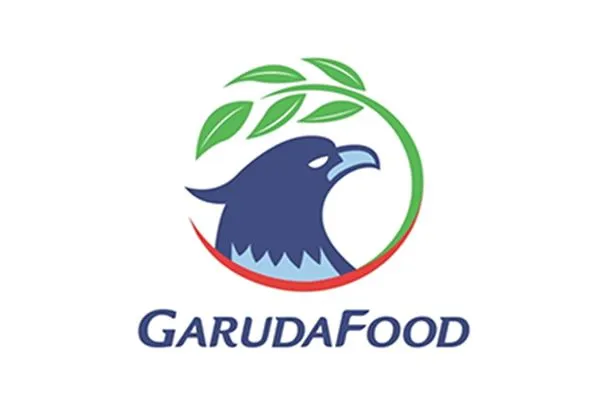
In a corporate life cycle there are 4 (four) cycles in terms of financing. First, the company will be established using its own money or capital. If we look at the source and use of funds, the simplest accounting mathematical formula can be written, namely: Assets = Equity. As time goes by, the company begins to generate income, but at the beginning of its life it is still at a loss. Gradually, when the fixed costs can be completely absorbed or charged as a whole, the company will start to become more efficient because costs will increase along with the increase in sales, which we know as variable costs. In this phase, the Company’s financial records, aka cash flow, begin to improve. Even without applying for credit, banking financial institutions will start to look at providing financing for company expansion. The company enters the second phase of debt, so the mathematical accounting formula above becomes more perfect, in the sense that the source and use of funds starts to look good, which can be formulated as follows: Assets = Liabilities + Equity, which means that there is starting to be third party funds in the form of long-term investment loans , whether it is increasing engine capacity or something else that is a long-term investment.
In the next phase, the Company needs third party funds which are not for day to day operations, but investment activities. Starting from the company entering its third phase, namely providing loans in the form of mandatory convertible bonds (MCB). This form of loan does not have an obligation to return the principal and does not need to be paid interest. Who doesn’t want to be given free money? People who don’t like money anymore will refuse. After many years, the company began to think about implementing its commitment when accepting MCB debt to immediately go public. So a loan worth IDR 1 trillion is converted into a capital contribution with a nominal value per share of IDR 1,000, for example, which means that MCB holders get voting rights of 1 (one) billion shares. From this business relationship, a symbiosis of mutualism is formed, the owner of the funds wants his funds to be clean, if it is dirty money, the owner of the funds wants his money to multiply, the borrower is really helped by getting a loan without having to pay it back, it’s delicious…tasty.
MCB’s funds were originally IDR 1 trillion with a nominal value of IDR 1,000 per share, for example during an IPO, Initial Public Offering, over subscription, the shares sell like hotcakes, then the money has the potential to grow to IDR 10 trillion. Perhaps not?. Yes, if the market is fried. It could be that if a state-owned company goes public with a pension fund sibling whose funds are idle, the fund manager is encouraged to buy under the pretext of helping your sibling who is in need of money.
The moment you have been waiting for has arrived, all the experts have been hired to go public, from Public Accountants, Appraisers, Legal Consultants, Notaries, Investment Advisors and so on. This of course requires quite a bit of money. However, entrepreneurs who are MBAs, resourceful people, do not lose their minds, so it was announced that the Company would soon go public, so that all stage holders felt like they owned the Company, an ESOP program was created, namely a program so that the Company’s employees, including experts who had been hired, were included in the ESOP program, employ stock options, by deducting from the salary, deducting from the fee payments for the expert staff. This program is very good if the company goes public so that all stage holders can enjoy the increase in share prices. If we talk about substance over form doctrine, it’s clear that the company has a strategy to save money without spending cash, this is also a surefire tip for getting rid of MCB debt, isn’t that good? Debt but no need to return the principal plus interest but simply converted into shares or the cool term debt to equity swap (DES). If shareholders need the money, just sell it on the stock market. Did you know? If the biggest buyers (players) of shares are not private individuals, but fund managers who work to turn over idle funds, idle funds from pension funds, my money, your money, all that you will ask for when you retire. He said that many pension fund companies will default or fail to pay, Mas Minister has also swiftly reported the potential for failure to pay, we don’t know yet… whether this is fraud or pure business risk. Let’s just wait for the work of law enforcers in this country. Hopefully this “prima sin” can be resolved, why is it called prima sin, if I, you, have done something wrong to a relative, we just have to apologize, if we have done something wrong with public funds, who can we apologize to? Ask the swaying grass. (jis).
Jakarta, 12 February 2024
Joko Ismuhadi Soewarsono*)
*) The author is a doctor candidate in the field of tax criminal law and a doctor candidate in the field of tax accounting.
Share
Berita Lainnya
Uncovering the Underground Economy in Indonesia: An Analysis of Dr. Joko Ismuhadi Soewarsono’s Tax Accounting Equation
Kehilangan Figur Ayah
Kenapa dompet itu dilipet?
Back 2 Back: Tipijak and TPPU mode
Serial Crimes of Tipijak and TPPU Committed Simultaneously, Is It Possible?
Implementasi Komprehensif Undang-Undang Nomor 9 Tahun 2017 sebagai Fondasi Badan Penerimaan Negara: Analisis Strategis
Perlindungan Hukum Komunikasi Pribadi di Indonesia: Analisis Komprehensif UU ITE, UU PDP, dan KUHP
Rekomendasi untuk Anda
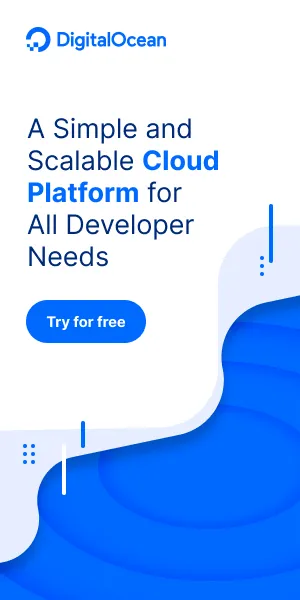
Berita Terbaru
Eksplor lebih dalam berita dan program khas fiskusnews.com
Tag Terpopuler
# #TAE
# #TAX ACCOUNTING EQUATION
# #TAX FRAUD
# #TAX EVASION


